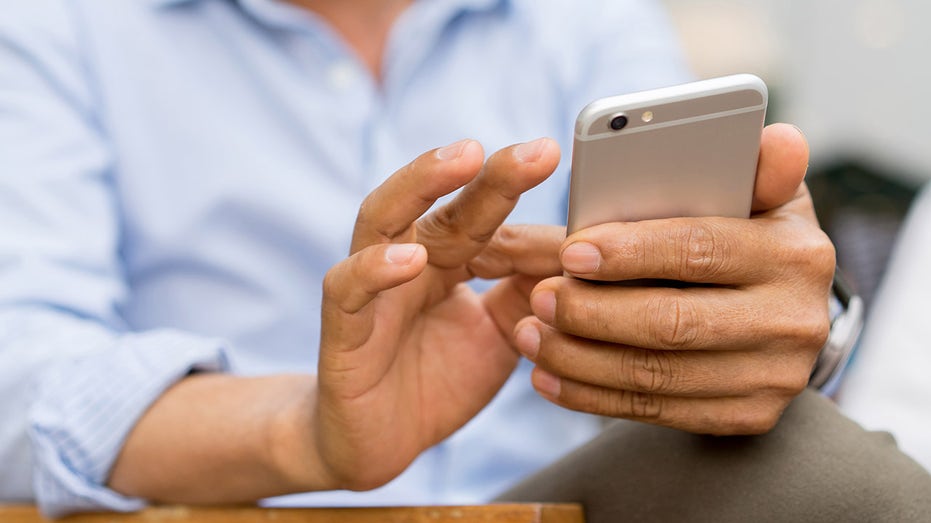QR code scams hit Texas, officials warn they're being used to steal personal information
San Antonio, Austin, and now Houston city officials say they’re advising customers to avoid QR codes on pay-to-park stations.
Officials say QR codes are being used to steal personal information
QR codes seem to be the safe alternative for "no-contact" ordering, payment, and delivery during the COVID-19 pandemic. But, They may not be as secure as we think.
Houston – QR codes seem to be the safe alternative for "no-contact" ordering, payment, and delivery during the COVID-19 pandemic. But they may not be as secure as we think. A quick response or QR code scam is hitting the Lone Star State.
San Antonio, Austin, and now Houston city officials say they’re advising customers to avoid QR codes on pay-to-park stations.
Maria Irshad is the assistant director of ParkHouston, the city’s on-street parking department. She says the city removed 10 total fraudulent QR codes from their 900-plus pay stations in one day. All 10 of these QR codes were directing customers to fraudulent payment sites.
She calls the scam "infuriating."

Aerial view of the beautiful downtown district of Houston, Texas, USA.
PLANNED PARENTHOOD OF LOS ANGELES FACES CLASS-ACTION LAWSUIT AFTER DATA BREACH
"It’s very upsetting that someone could be ticketed for non-payment when in reality, they paid a fake site and possibly had their personal information stolen," Irshad told Fox Business.
Cybersecurity experts say hackers are using the fraudulent sites to store banking information or install dangerous malware on devices
Karim Hijazi is a cybersecurity expert and CEO of the cybersecurity company, Prevailion, which specializes in cybersecurity breaches.
"The QR code will send the user of the device to a website that then asks for information like payment information or personal information that they then harvest and use for ill gains or nefarious purposes," Hijazi told Fox.
IRAN-BACKED HACKERS EXPLOIT MICROSOFT, POSE MAJOR THREAT, INVESTIGATORS SAY
Cybersecurity experts say the software could also store your location. The scam does not solely include parking meters. QR codes can be used for almost any no-contact website solutions.
"QR codes are just nothing more than a way to link to a website. You see them on menus these days with Covid. You can’t even get a paper menu anymore these days, you have to use your phone to scan it," Hijazi said.
The Better Business Bureau has found a reported 36 scams involving QR codes since March 2020.
Cybersecurity experts say it can be tough to remove some malware from your phone. But, you can take steps to protect your devices if you are led to a fraudulent or malicious site in the future.

Man uses smartphone.
CLICK HERE TO READ MORE ON FOX BUSINESS
"Change all of your passwords. Make sure that you go to logins that you use regularly, like banking logins and turn on two-factor authentication." Hijazi said.
Tuesday, the FBI issued a PSA on malicious QR codes. It suggests several tips on protecting yourself from these cyber-crimes, including avoiding payment on any site linked to a QR code.




















